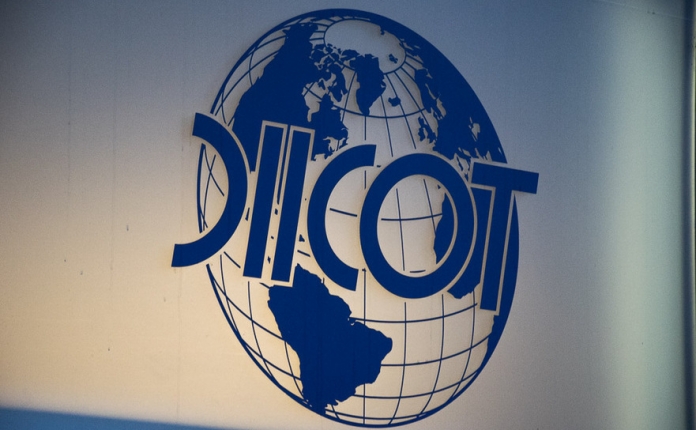Romania was targeted in 2024, along with other European countries, by ‘sabotage’ actions specific to the Russian Federation’s arsenal of hybrid techniques, the purpose of the hybrid attacks being to test the defence preparedness of NATO countries and to find weaknesses in the infrastructure, according to the Directorate for Investigating Organised Crime and Terrorism (DIICOT) in last year’s activity report.
„Throughout 2024, both Romania and other European countries were targeted by various ‘sabotage’ actions, specific to the arsenal of hybrid techniques that the Russian Federation was using in Romania and in the allied states. Since 2022, at least 50 incidents have taken place in 13 countries in Europe that could be Russian hybrid operations. These include cases of espionage, diversion, vandalism, cyber-attacks, disinformation campaigns and three attacks on underwater infrastructure in the Baltic Sea,” DIICOT says.
The prosecutors show that Russia has changed its tactics in launching hybrid attacks, i.e. it no longer sends its agents to NATO countries, but recruits contractors randomly through Telegram chats in exchange for money.
„Germany, France, the UK, the Czech Republic, Slovakia, Poland, Romania, Bulgaria, Estonia, Estonia, Latvia, Lithuania, Finland and Sweden have been affected by hybrid attacks. In most cases there were no casualties, although avoiding casualties is not a priority for the Russian intelligence services. There has also been a change in the tactics of the services – Russia no longer sends trained operatives, but recruits random contractors for hire. Candidates are recruited via Telegram chats and salaries vary from several hundred to several thousand dollars. The purpose of hybrid attacks is to test the defence preparedness of NATO countries, to find weaknesses in the infrastructure and to crowd the investigative bodies of Western states,” explains DIICOT.
***Romania faces no terrorist threats, but there are local supporters of the Islamic State.
According to DIICOT, Romania did not face a concrete terrorist threat last year and there were no terrorist attacks, but the propaganda of DAESH/The Islamic State continued to be the main driver of the triggering and fuelling of the radicalization process, being, however, doubled by extremist ideology promoted by other terrorist organizations.
„At this moment, Romania is not facing a terrorist phenomenon, the risk remains low. The terrorist threat is correlated with developments in foreign spaces regarding foreign terrorist entities and the migrant flow. Romanian supporters of some terrorist organizations have continued to carry out only certain support activities, but these have lacked consistency and scale. Furthermore, the (self-) radicalization of some Romanian citizens represents the main risk, as people who go through this process carry out propaganda activities for foreign terrorist organizations with Islamist ideology (DAESH/State Islamic). The most frequently used medium for carrying out criminal activities of this type is online, through the Internet, and the main category of risk is represented by minors/adolescents and young people,” the prosecutors say.
The main risk of external origin could be the attempted transit of the national borders by persons associated with or supporting terrorist or radical entities, but the developments in Ukraine, in the context of the military conflict (arms, ammunition, explosive materials that could be smuggled into Romania), are also of interest.
„Lone wolf terrorists are an important resource for terrorist groups, and the use of accessible, sometimes simplistic attack methods (vehicles, white weapons, rudimentary improvised explosive devices) makes these situations difficult to identify, prevent and counter by the authorities. There has been a slight increase in the number of cases in which the institutions and authorities responsible for national security have reported the commission of offenses involving the disclosure of state secret information,” the activity report states.
Last year, DIICOT had to solve 94 cases of terrorism and crimes against national security, of which four cases were sent to court, with 15 defendants brought to trial.
AGERPRES




